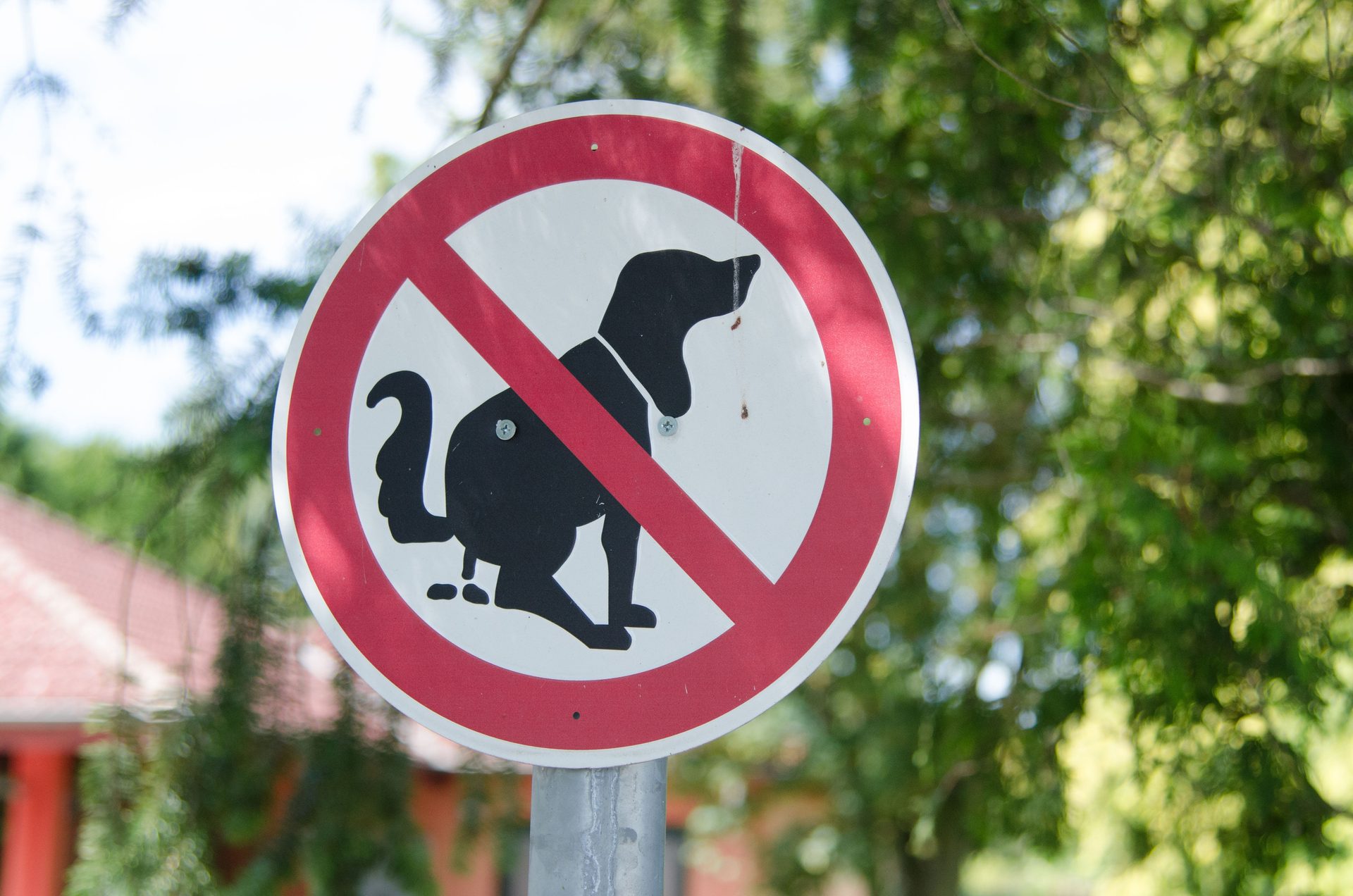In a move that may be of interest of Belgian authorities, the city of Béziers in Southern France is taking a unique approach to combat the problem of dog waste on its pavements.
Mayor Robert Ménard has enacted a new law requiring residents to store their dogs' DNA in a database and carry a genetic passport for their pets when in the historic city centre. The measure aims to address the growing issue of dog excrement, which has cost the city €80,000 in cleaning expenses due to 40,000 instances of dog waste being cleaned up in 2021.
To implement this system, Béziers residents must provide a saliva sample from their dogs, which is then stored in the DNA database. Failure to comply with this requirement will result in a fine of €38. Additionally, if abandoned dog waste is found, DNA samples are taken and matched with the database to identify the owners. Instead of imposing a fine, the city will issue a cleaning invoice of €122 to these individuals.
While Béziers is not the first city to introduce such a measure, it hopes to follow in the footsteps of administrations in Valencia (Spain) and Tel Aviv (Israel) which have implemented similar DNA databases to address the "dog turd plague".
Will Belgium follow through?
Belgian cities, such as Ostend, also previously considered the idea, but no databases have been established as of yet despite proposals being discussed by the authorities.
Ostend, the popular Belgian seaside resort, took what looked like a firm stance against dog waste in 2017 when the city released plans to utilise DNA technology to identify dogs and their owners responsible for not cleaning up after their pets. The goal was to target the small minority of dog owners (5%) who were flouting the bylaws and not cleaning up dog mess, while the majority (95%) diligently cleaned up after their pets.
The plan in Ostend was to conduct DNA analysis only in neighbourhoods where dog waste was a major problem, such as playgrounds where 33,000 instances of dog waste were left in 2016. If an owner was identified, they would have faced penalties related to earlier offences.
The cost of one DNA analysis would have been €60, covered by the police budget, and fines for non-compliance could have been up to €1,000. The city, however, never followed through with the plans.
Related News
- Weekend break: Ostend beyond the beach
- Cats in Brussels: Sterilisation and identification law strengthened
Seaside resorts in Belgium are not the only regions in the country which have tried to find a solution, however, with some Belgian cities becoming notorious around Europe in doing so.
In 2016, the Brussels commune of Etterbeek adopted a unique approach to address the issue of dog excrement on footpaths. Instead of removing the waste, a special brigade of city workers sprayed the offending turds with fluorescent orange paint to raise awareness.
The brigade also engaged with residents to discuss picking up litter, container parks, used clothing containers and dog poo clean-up. Dog owners who fail to keep the commune clean risk fines of up to €350 after the awareness campaign.

